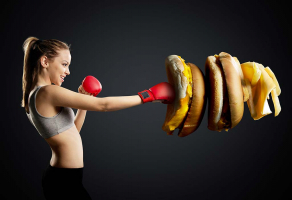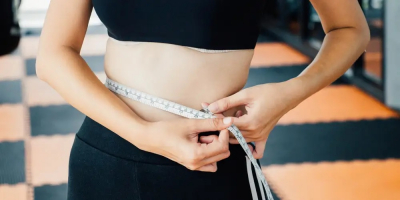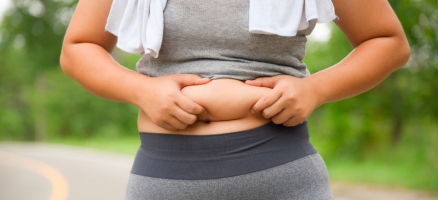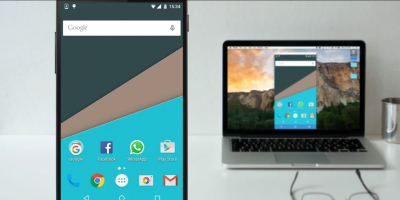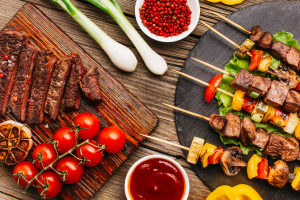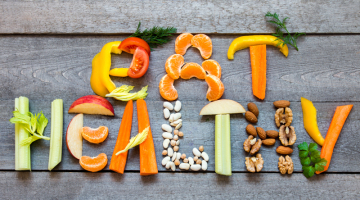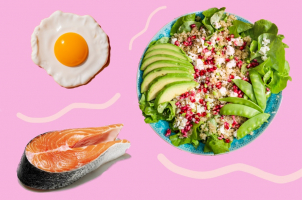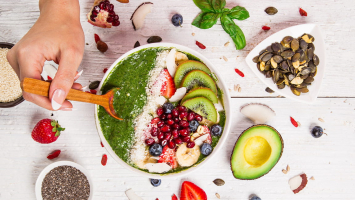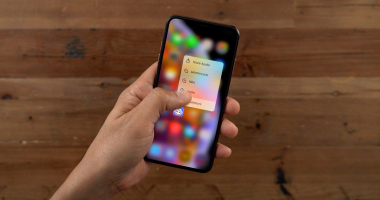Top 10 Proven Ways to Lose Weight Without Diet or Exercise
It might be difficult to follow a traditional diet and exercise routine. However, there are a number of proven strategies that may make consuming fewer ... read more...calories simple. These have effectiveness for both weight loss and prevent weight gain in the future. Here are some ways for burning fat without dieting or exercise, which are all supported by science.
-
You need some time for your brain to realize that you've eaten enough. When you chew your food thoroughly, you eat more slowly, which is linked to lower calorie intake, greater feelings of fullness, and smaller serving sizes.
Your weight may also be impacted by how fast you finish your meals. Faster eaters are more likely to gain weight than slower eaters, according to one recent review of 23 observational studies. One study of more than 4,000 middle-aged people found that those who reported eating extremely quickly tended to be heavier and had put on the most weight since turning 20. Another research tracked the weight of 529 men over the course of eight years. People who are classified as rapid eaters put on more weight than those who are classified as slow or medium eaters. Fast eaters have a substantially higher likelihood of being overweight. It could be beneficial to keep track of how many times you chew each bite to establish the habit of eating more slowly.

Chew Thoroughly and Slow Down 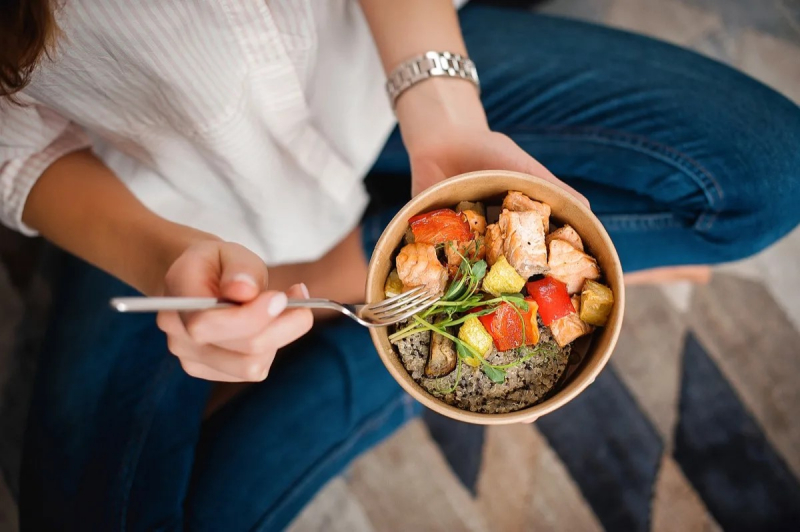
Chew Thoroughly and Slow Down -
Nowadays, the average meal plate is bigger than it was a few decades ago. Due to the fact that using a smaller plate may encourage you to eat less by making servings look bigger, this trend may result in weight gain. In contrast, a larger plate may make a portion appear smaller, encouraging you to eat more.
Regardless of plate size, people typically fill their plates to about 70% of the way full, according to one study. 52% more food will be served if you use a 10-inch plate as opposed to an 8-inch plate as a result. And you're more likely to eat more when you have more food on your plate. Serve healthier foods on larger plates and less nutritious foods on smaller dishes to take advantage of this.

Use Smaller Plates for Unhealthy Foods 
Use Smaller Plates for Unhealthy Foods -
Appetite is significantly influenced by protein. It can help you feel more satisfied after eating, decrease your appetite, and consume fewer calories. This could be a result of protein's effect on ghrelin and GLP-1, two hormones involved in hunger and fullness.
In one study, participants who increased their protein consumption from 15% to 30% of calories on average consumed 441 fewer calories per day and lost an average of 11 pounds over the course of 12 weeks without consciously reducing their diet. If you usually have a grain-based breakfast, you might want to think about moving to an egg-based meal instead. In one research, obese or overweight women who ate eggs for breakfast consumed fewer calories at lunch than those who ate a meal consisting of grains.
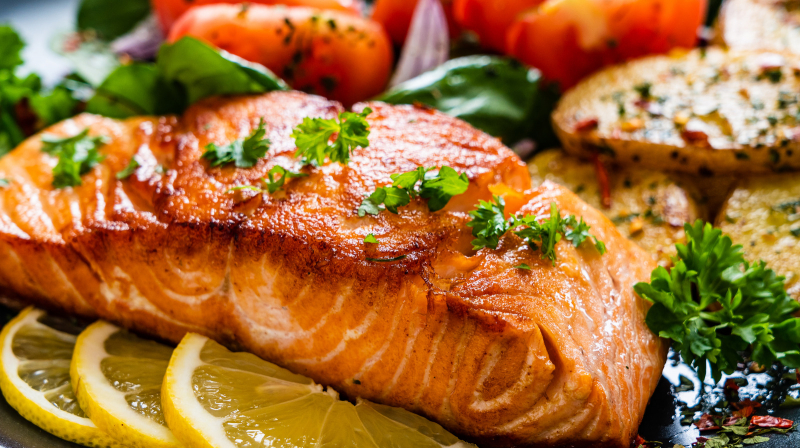
Eat Plenty of Protein 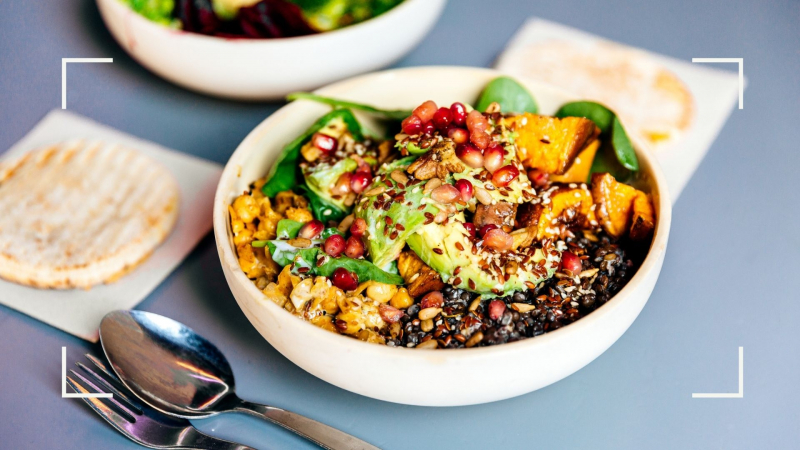
Eat Plenty of Protein -
The desire to eat might be triggered by the mere sight of food. It is unrelated to how hungry you are. Storing unhealthy foods in clear sight might make you feel more hungry and tempted to eat more. This is related to gaining weight as well.
According to a new study, those who have more high-calorie foods visible in their homes are more likely to weigh more than those who merely keep a bowl of fruit out in the public. To reduce the likelihood that you will choose unhealthy foods when you are hungry, keep unhealthy items out of sight, such as in cabinets or closets. Place it behind other items in the freezer rather than putting it front and center, where you'll see it every time you open the freezer. Conversely, keep healthful items on display in your kitchen and put them on the fridge's front row.
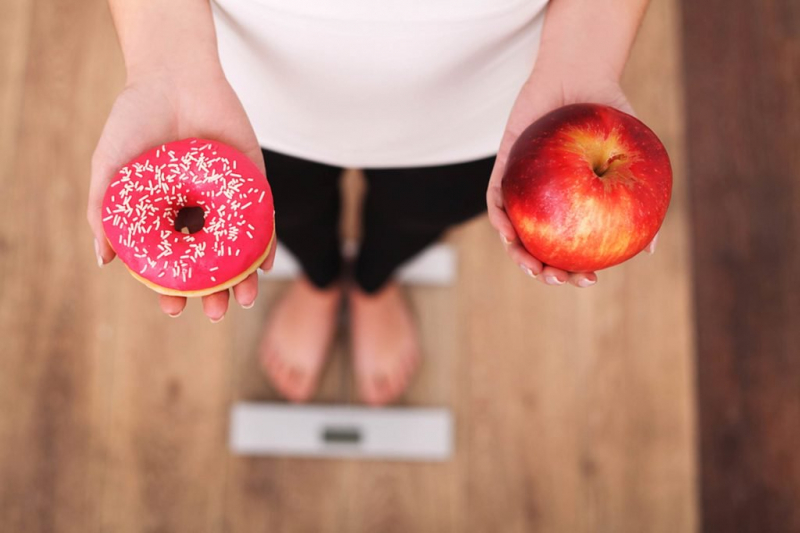
Store Unhealthy Foods out of Sight 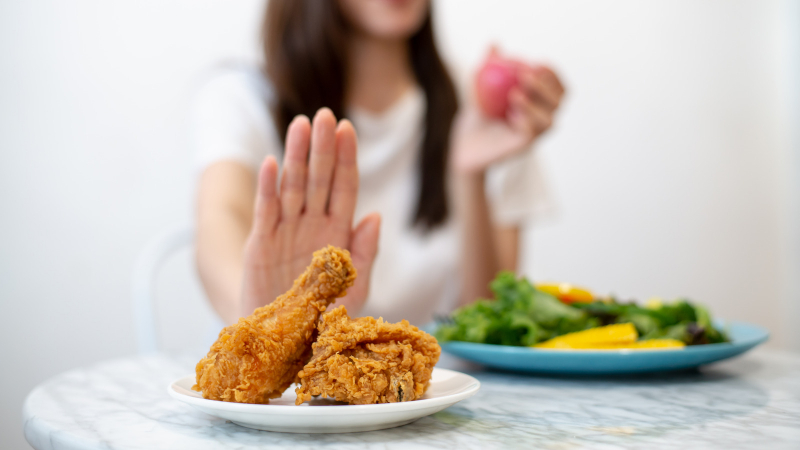
Store Unhealthy Foods out of Sight -
Consuming foods high in fiber may lengthen your feeling of fullness by increasing satiety. Additionally, studies show that viscous fiber is particularly beneficial for weight reduction. It enhances feeling full and lowers calorie consumption.
A recent analysis of 44 studies revealed that just 22% of fiber treatments decreased food consumption, while 39% of them boosted the feeling of fullness. The ability of fiber to decrease hunger and food intake increases viscosity. The thickness and stickiness of a substance are referred to as its viscosity. Honey, for instance, has a substantially higher viscosity than water. When a viscous fiber and water mix, a gel is formed. This gel prolongs the period during which nutrients are absorbed and delays stomach emptying. Only foods made from plants have viscous fiber. Beans, oat cereals, Brussels sprouts, asparagus, oranges, and flax seeds are a few examples. Viscous fiber is also abundant in glucomannan, a weight-loss supplement.

Eat Fiber-Rich Foods 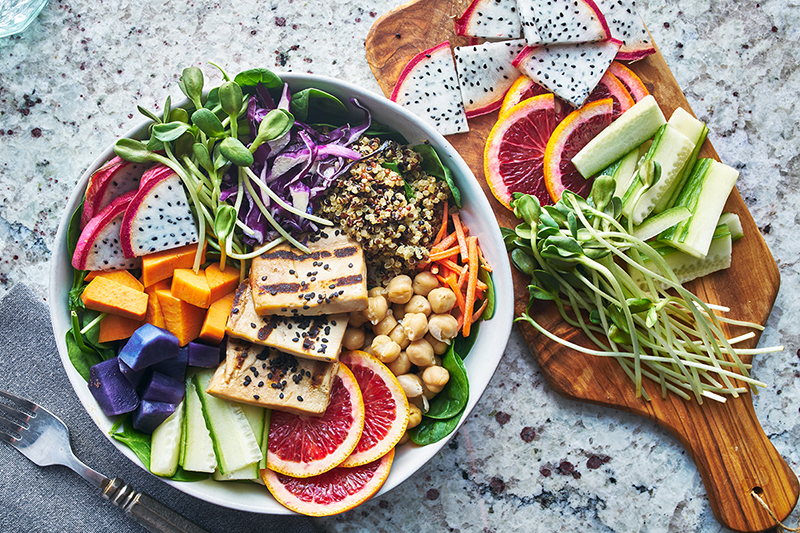
Eat Fiber-Rich Foods -
Water, according to science, may help with weight loss in a number of different ways. It might help you lose weight by decreasing your hunger, increasing your metabolism, and making exercise easier and more effective. If you want to lose weight gradually and moderately, starting by making sure you're well-hydrated may be a smart idea.
Water consumption can help people lose weight, particularly if it is done before eating. Drinking half a liter (17 ounces) of water around 30 minutes before meals was proven to decrease appetite and lower calorie consumption in one adult research. Over a 12-week period, those who drank water before a meal lost 44% more weight than those who did not. You could see even more of an impact if you switch to water from calorie-dense beverages like soda or juice.
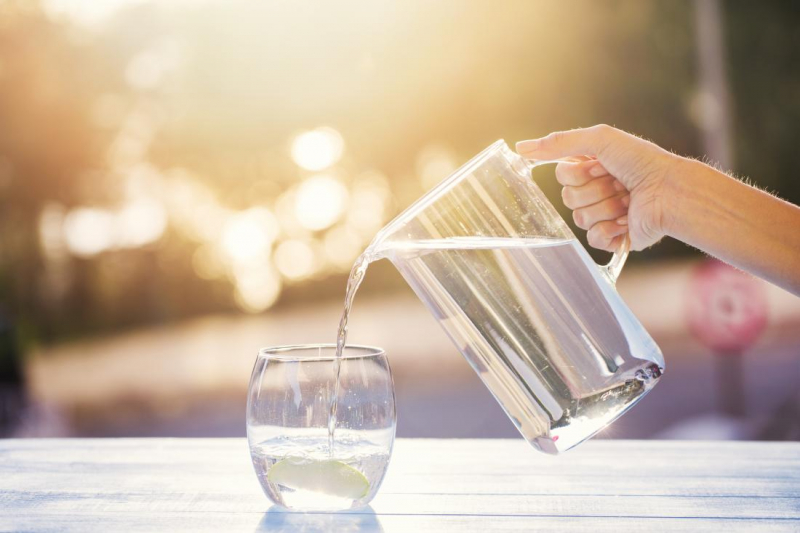
Drink Water Regularly 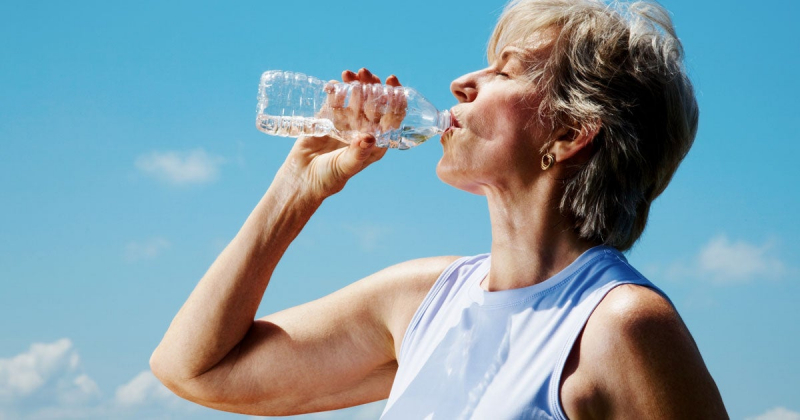
Drink Water Regularly -
Over the past few decades, portion sizes have increased, particularly in restaurants. Larger serving sizes have been associated with an increase in weight gain and obesity because they encourage people to eat more.
According to one study, people's calorie consumption increased by 30% when dinner appetizer size was doubled. If you serve yourself a bit less, you could consume a lot fewer calories. And it's doubtful that you'll even notice the difference. Eating fewer calories will help you lose weight, but if you aren't eating enough vegetables, fruit, lean meat, and whole grains, cutting your meal in half will just leave you hungry and undernourished. Fill up half of your plate with vegetables to reduce calories while still providing your body with nutrition. Your portions of carbohydrates and fats will naturally decrease as a result.

Serve Yourself Smaller Portions 
Serve Yourself Smaller Portions -
You may be able to eat fewer calories if you pay attention to what you eat. Eating while watching TV or playing video games might cause people to lose track of how much they have eaten. In turn, this may lead to overeating.
Being attentive might help you make more smart decisions about how much to eat if you've been mindlessly overeating. Numerous studies have demonstrated how mindful eating lowers emotional eating, eating in response to visual cues when not actually hungry, and binge eating. Additionally, being distracted during a meal has a far bigger impact on how much you consume later in the day. At subsequent meals, those who were distracted at a meal consumed 25% more calories than those who were there. You may unintentionally be eating more if you frequently eat while watching TV or using electronics.

Eat Without Electronic Distractions 
Eat Without Electronic Distractions -
A pleasant night's sleep enhances both physical and mental health, and it may also aid in weight loss. According to research, sleep is essential in stopping the obesity epidemic since roughly 40% of those who are obese also have sleep apnea, often known as an obstructive sleep disorder.
Stress and sleep are frequently neglected when it comes to health. In fact, both have significant impacts on your hunger and weight. Leptin and ghrelin, two hormones that control hunger, may be thrown off by lack of sleep. When you're under stress, the hormone cortisol also rises. Your appetite and desire for unhealthy foods may rise as a result of these hormone fluctuations, increasing your calorie consumption. Chronic sleep deprivation and stress may also raise your chance of developing a number of illnesses, such as type 2 diabetes and obesity.

Sleep Well and Avoid Stress 
Sleep Well and Avoid Stress -
Sugary sodas might make a significant impact on your weight loss plan. Because high-fructose corn syrup is used as a sweetener, soda may contain little to no fat, but it is very sweet. Simply reducing or eliminating soda from your diet will help you lose weight.
Sodas and other sweetened drinks have been linked to a higher risk of several diseases. Because liquid calories don't affect feeling full the same way that calories from solid food do, it's incredibly simple to ingest too many calories from sugary drinks. Complete abstinence from these drinks can have significant long-term health advantages. But keep in mind that fruit juice might have a similar sugar content to soda, so you shouldn't substitute it for soda. Water, coffee, and green tea are better choices for a beverage.
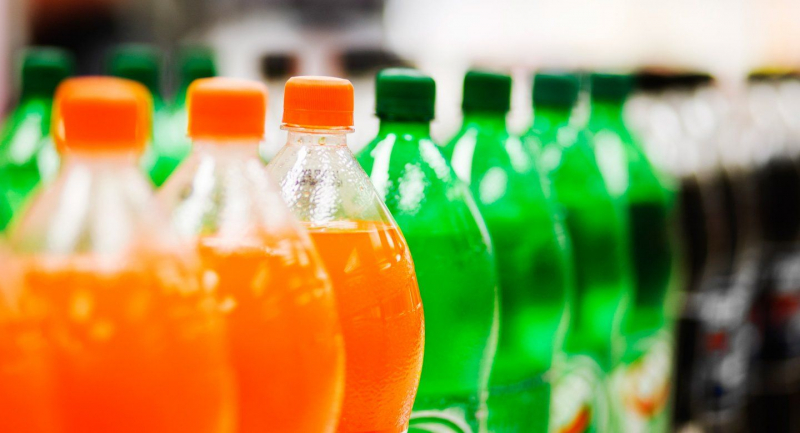
Eliminate Sugary Drinks 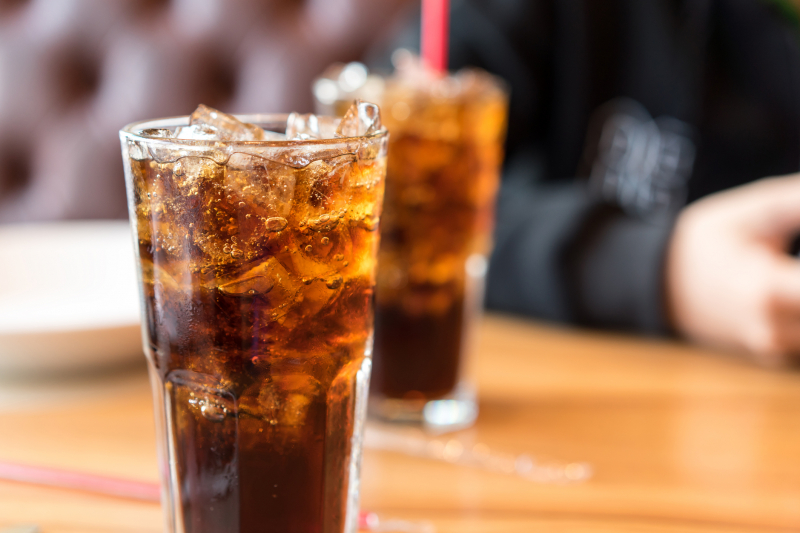
Eliminate Sugary Drinks













